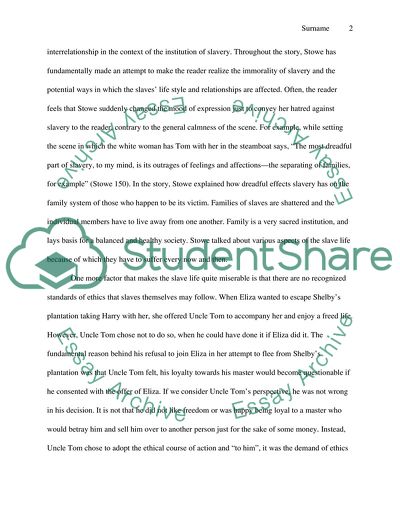Cite this document
(Uncle Toms Cabin by Harriet Beecher Stowe Research Paper, n.d.)
Uncle Toms Cabin by Harriet Beecher Stowe Research Paper. Retrieved from https://studentshare.org/performing-arts/1747637-uncle-toms-cabin
Uncle Toms Cabin by Harriet Beecher Stowe Research Paper. Retrieved from https://studentshare.org/performing-arts/1747637-uncle-toms-cabin
(Uncle Toms Cabin by Harriet Beecher Stowe Research Paper)
Uncle Toms Cabin by Harriet Beecher Stowe Research Paper. https://studentshare.org/performing-arts/1747637-uncle-toms-cabin.
Uncle Toms Cabin by Harriet Beecher Stowe Research Paper. https://studentshare.org/performing-arts/1747637-uncle-toms-cabin.
“Uncle Toms Cabin by Harriet Beecher Stowe Research Paper”, n.d. https://studentshare.org/performing-arts/1747637-uncle-toms-cabin.


